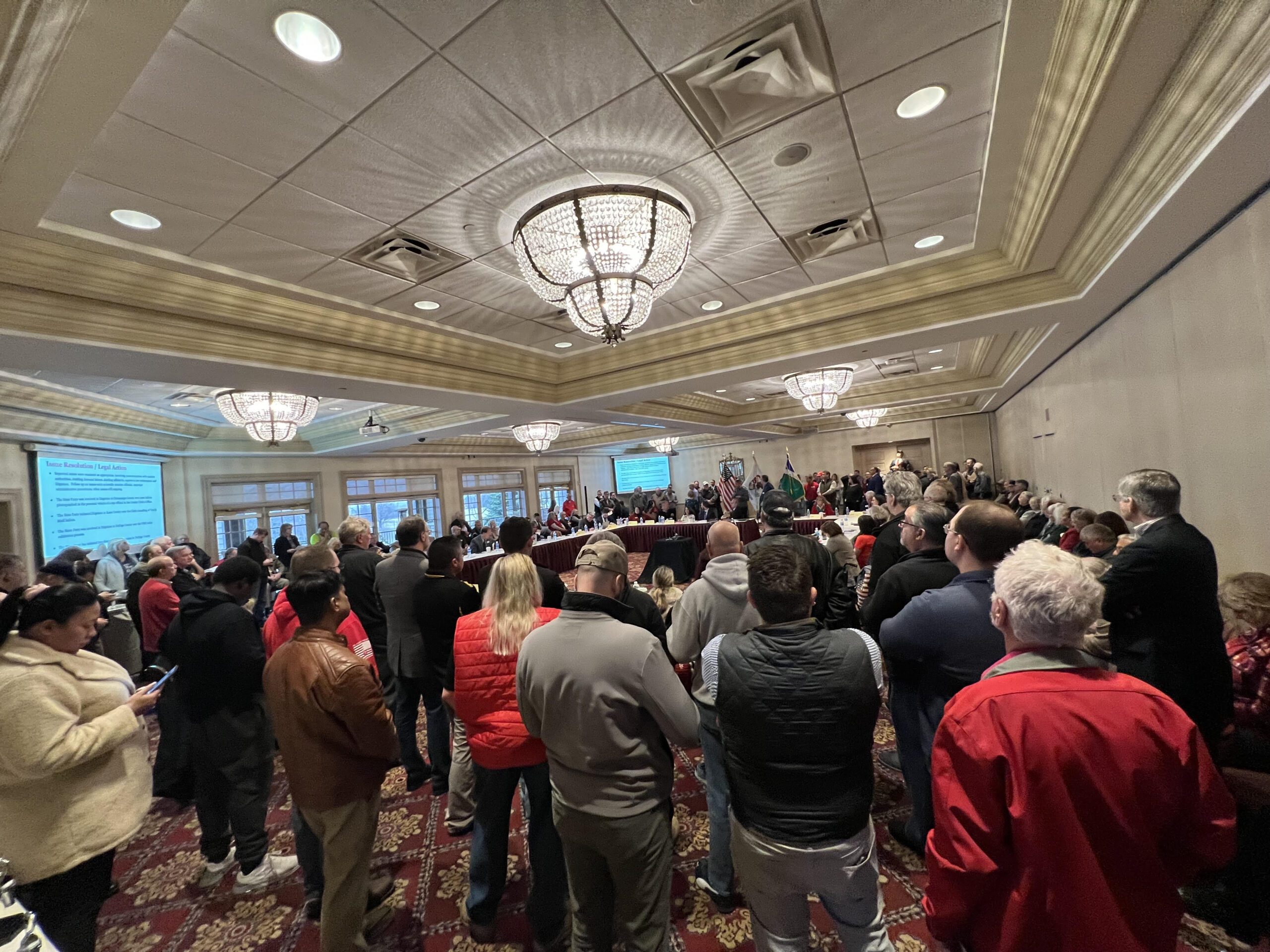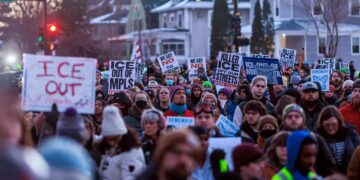By Robert Cruz, Guest Contributor
I often hear in my neck of the woods, that “Illinois is a Republican state, except the Democrats work harder.”
I used to think that this was nonsense, but is there any truth to this?
I don’t want to discredit any of the work that people put into the last election (I know I did), but could I have worked smarter as well? Could we have used more resources to collect votes instead of asking for them?
Republican gubernatorial candidate Darren Bailey told me in January that while he was walking around asking people for their vote, Gov. JB Pritzker and his team were out there collecting votes. And It prompted me to ask, “what is the return on investment on investing in grassroots for the GOP donor base?”
I started on what would be the impact on a wide net grassroots approach to voter engagement and what I found was very convincing.
For starters, let’s look to our neighbor to the southeast – the bluegrass state of Kentucky. John Couvillon reported on twitter that Kentucky has flipped to more Republican registered voters than Democratic.
Did new voters decide to just register Republican or did civic engagement take the lead?
Kentucky Republican Party chairman Mac Brown credits new voter registration and the grassroots effect as cementing “its place as the majority party in the Commonwealth of Kentucky.”
Brown goes on to say that,
“This did not happen overnight, and we didn’t do it alone. This day has been decades in the making and is only made possible by the hard work and effort put in by so many. We stand on the shoulders of giants who came before us. Kentuckians know the Republican Party is their party.”
Civic engagement takes time, effort and resources. In August of 2021, the Illinois General Assembly approved into law SB 825, which makes mail in voting permanent along with extending curbside pick up rules and regulations.
And just recently, Gov. Pritzker donated $500,000 to targeted races at the school, library and trustee levels. This isn’t for TV commercials, it’s for civic engagement activities; mail ballot harvesting and voter registration.
GOP donors tend to invest in “think tank” organizations, but this ROI can only be measured in social media or website engagement – and so far, hasn’t translated into votes.
Republicans in other states like New York and California have started to see this trend and with the right investments, they saved the US House of Representatives from a more progressive, extremist agenda.
Our donor base must align with our grassroots organizations to achieve the same results here in Illinois – and it can happen.
In addition to more investment, our grassroots organizations need to find a way to get on the same message. When I scroll through social media, or watch ads on TV, the progressives are in lockstep on all of their content and messaging.
And at times, the Republicans seem more against each other than for each other – while the Democrats and the progressive, far-left, are in total unison.
Maybe this is why high ranking donors feel the need to overlook grassroots investments.
We can all do better.
I can do better.
But we can’t do it alone.








